Unavailable
Good Will to All is currently unavailable
We can no longer provide this arrangement through Sheet Music Stores. The listing stays online so you can learn about the piece and explore alternatives.
Try these next steps
- Discover similar sheet music curated for you below.
- Search for “Good Will to All” across our catalog.
About this arrangement
Choral SSA choir, piano accompaniment SKU: CF.BL1065 Composed by Christi Jones. Fold. Octavo. 12 pages. Duration 3 minutes, 21 seconds. BriLee Music #BL1065. Published by BriLee Music (CF.BL1065). UPC: 680160911769. 6.875 x 10.5 inches. Key: F major. English. Henry Wadsworth Longfellow.Using much of the text from Longfellow's beloved I Heard the Bells on Christmas Day', Jones original treble holiday piece is lovely, accessible and offers hope and prosperity during the holiday season. Highly recommend for the emerging treble choir eager to sing three-part harmony.One of Americas most beloved poets, Henry Wadsworth Longfellow (1807-1882), wrote the poem Christmas Bells on December 25, 1864. In 1872, John Baptiste Calkin removed two stanzas which resulted in the Christmas carol known today as I Heard the Bells on Christmas Day. A few years prior to writing the poem, Longfellows wife was fatally burned in an accident. Soon after, his son severely injured his spine when he was shot during a Civil War battle. After these tragedies, Longfellow wrote, How inexpressibly sad are all holidays. I can make no record of these days. Better leave them wrapped in silence. Perhaps someday God will give me peace. Longfellows journal entry for December 1862 reads, A Merry Christmas say the children, but that is no more for me. The circumstances of Longfellows life and the turmoil of the nation challenged his resolve, but on December 25, 1864, Longfellow was moved when he heard bells in the distance. The sound of the bells gave him peace and hope, which resulted in this beautiful and inspiring text.One of Americaas most beloved poets, Henry Wadsworth Longfellow (1807-1882), wrote the poem Christmas BellsA on December 25, 1864. In 1872, John Baptiste Calkin removed two stanzas which resulted in the Christmas carol known today as I Heard the Bells on Christmas Day. A few years prior to writing the poem, Longfellowas wife was fatally burned in an accident. Soon after, his son severely injured his spine when he was shot during a Civil War battle. After these tragedies, Longfellow wrote, aHow inexpressibly sad are all holidays. I can make no record of these days. Better leave them wrapped in silence. Perhaps someday God will give me peace.a Longfellowas journal entry for December 1862 reads, aaA Merry Christmas say the children, but that is no more for me.a The circumstances of Longfellowas life and the turmoil of the nation challenged his resolve, but on December 25, 1864, Longfellow was moved when he heard bells in the distance. The sound of the bells gave him peace and hope, which resulted in this beautiful and inspiring text.One of America's most beloved poets, Henry Wadsworth Longfellow (1807-1882), wrote the poem Christmas Bells on December 25, 1864. In 1872, John Baptiste Calkin removed two stanzas which resulted in the Christmas carol known today as I Heard the Bells on Christmas Day. A few years prior to writing the poem, Longfellow's wife was fatally burned in an accident. Soon after, his son severely injured his spine when he was shot during a Civil War battle. After these tragedies, Longfellow wrote, "How inexpressibly sad are all holidays. I can make no record of these days. Better leave them wrapped in silence. Perhaps someday God will give me peace." Longfellow's journal entry for December 1862 reads, "'A Merry Christmas say the children, but that is no more for me." The circumstances of Longfellow's life and the turmoil of the nation challenged his resolve, but on December 25, 1864, Longfellow was moved when he heard bells in the distance. The sound of the bells gave him peace and hope, which resulted in this beautiful and inspiring text.One of America's most beloved poets, Henry Wadsworth Longfellow (1807-1882), wrote the poem Christmas Bells on December 25, 1864. In 1872, John Baptiste Calkin removed two stanzas which resulted in the Christmas carol known today as I Heard the Bells on Christmas Day. A few years prior to writing the poem, Longfellow's wife was fatally burned in an accident. Soon after, his son severely injured his spine when he was shot during a Civil War battle. After these tragedies, Longfellow wrote, "How inexpressibly sad are all holidays. I can make no record of these days. Better leave them wrapped in silence. Perhaps someday God will give me peace." Longfellow's journal entry for December 1862 reads, "'A Merry Christmas say the children, but that is no more for me." The circumstances of Longfellow's life and the turmoil of the nation challenged his resolve, but on December 25, 1864, Longfellow was moved when he heard bells in the distance. The sound of the bells gave him peace and hope, which resulted in this beautiful and inspiring text.One of America’s most beloved poets, Henry Wadsworth Longfellow (1807-1882), wrote the poem Christmas Bells on December 25, 1864. In 1872, John Baptiste Calkin removed two stanzas which resulted in the Christmas carol known today as I Heard the Bells on Christmas Day.A few years prior to writing the poem, Longfellow’s wife was fatally burned in an accident. Soon after, his son severely injured his spine when he was shot during a Civil War battle. After these tragedies, Longfellow wrote, “How inexpressibly sad are all holidays. I can make no record of these days. Better leave them wrapped in silence. Perhaps someday God will give me peace.” Longfellow’s journal entry for December 1862 reads, “‘A Merry Christmas say the children, but that is no more for me.”The circumstances of Longfellow’s life and the turmoil of the nation challenged his resolve, but on December 25, 1864, Longfellow was moved when he heard bells in the distance. The sound of the bells gave him peace and hope, which resulted in this beautiful and inspiring text.
Related sheet music

Good King Kong Looked Out
pdq bach, peter schickele

Reliquary of English Songs - Volume 1
various

Good Girl
carrie underwood

Sondheim for Singers
stephen sondheim

Amid the Cold of Winter: Piano Music for Advent, Christmas, & Epiphany
anna laura page, michael larkin, mark patterson, marilyn biery, various

Waltzing Matilda
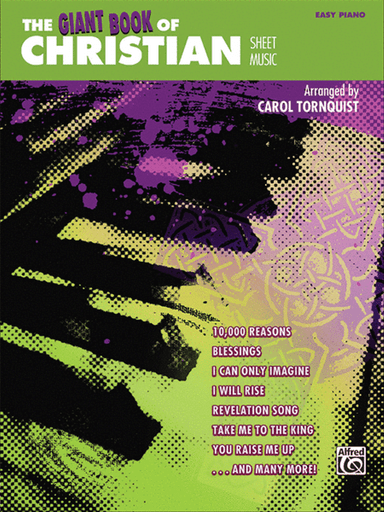
The Giant Book of Christian Sheet Music
carol tornquist
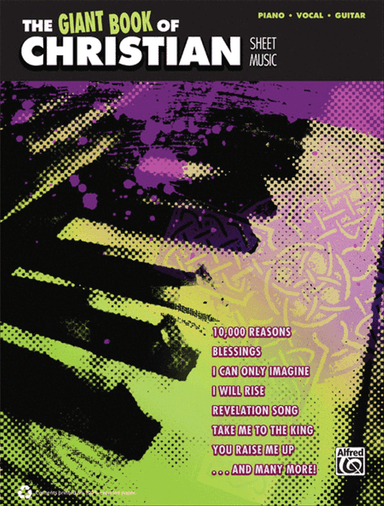
The Giant Book of Christian Sheet Music
\n
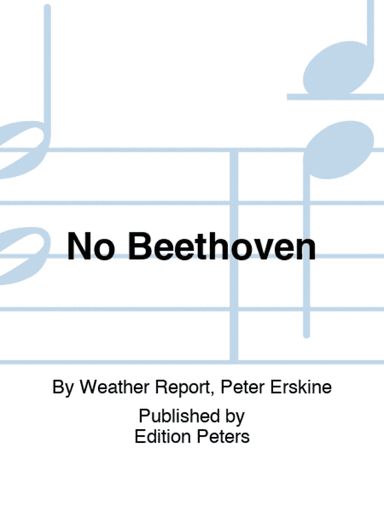
No Beethoven
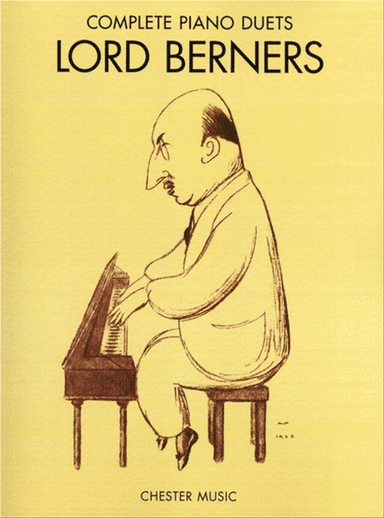
Complete Piano Duets (Lord Berners)
lord berners
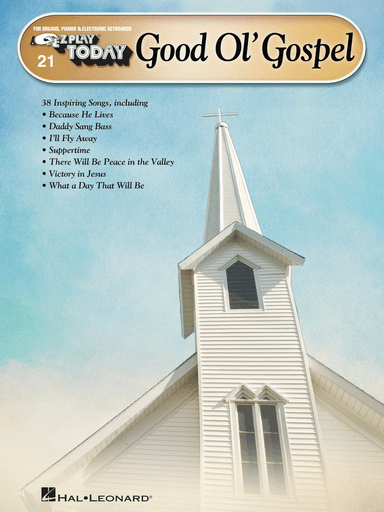
Good Ol' Gospel
various

Musical Theatre for Classical Singers
various